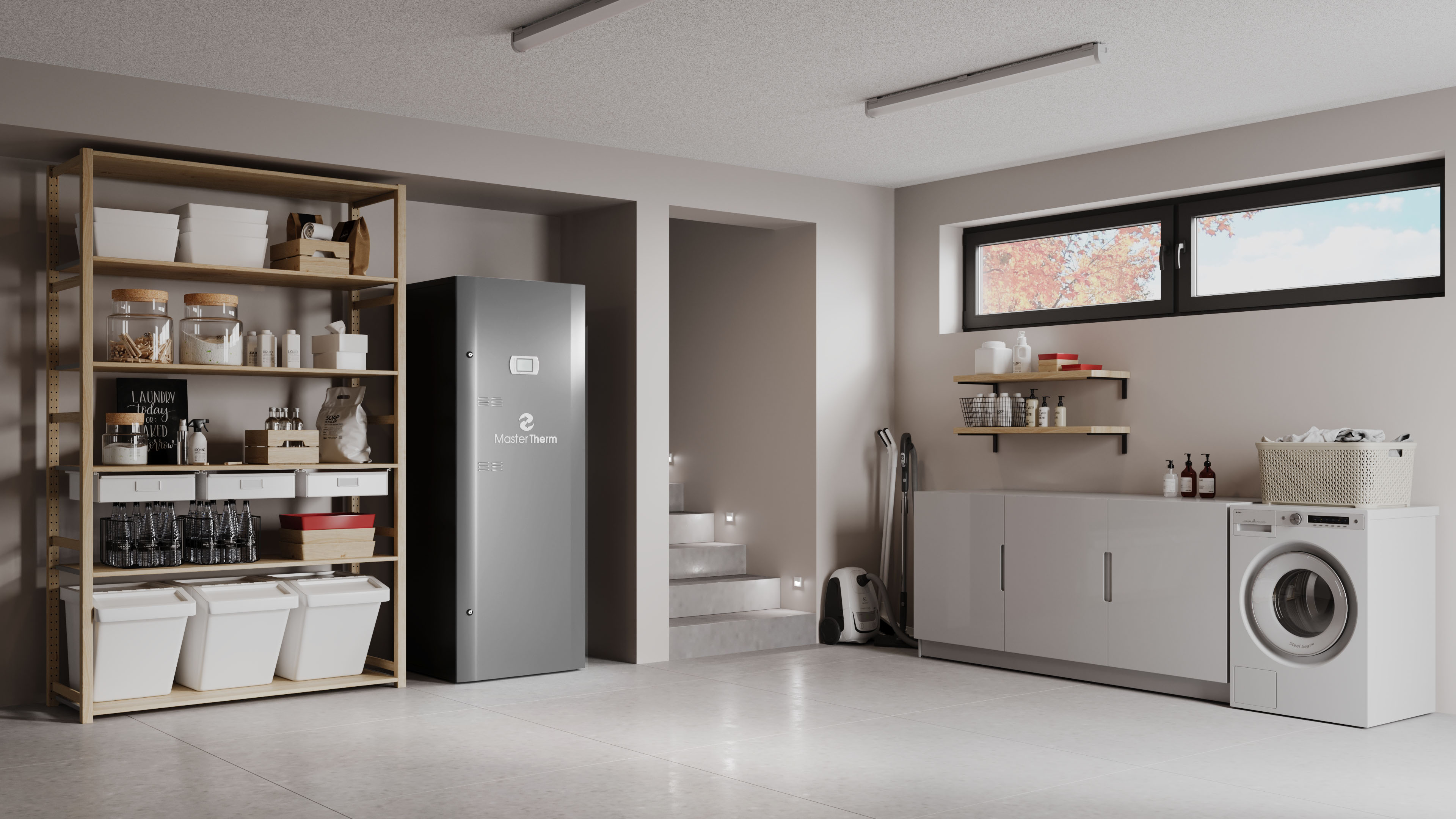Blog

Unveiling R290 Refrigerant: Revolutionising Heat Pump Efficiency
Posted on 24 May 2024 in Blog
In the development of heating and cooling technology, the quest for more efficient and environmentally friendly solutions is ongoing. Among the innovations that have emerged to address these concerns is the R290 refrigerant. This hydrocarbon-based refrigerant is garnering attention for its exceptional efficiency and reduced environmental impact, particularly in heat pump applications. In this blog post, we'll delve into what exactly R290 refrigerant is and how it contributes to enhanced heat pump performance.
Understanding R290 Refrigerant
R290, also known as propane, is a hydrocarbon refrigerant that belongs to the group of natural refrigerants. Unlike synthetic refrigerants such as R410A or R134a, which are composed of fluorine and carbon atoms (known as hydrofluorocarbons or HFCs), R290 is made up solely of hydrogen and carbon atoms.
This composition gives R290 several advantages:
1. Environmental Friendly: One of the primary reasons for the growing popularity of R290 refrigerant is its minimal impact on the environment. Unlike traditional refrigerants like R410A, which have high global warming potential (GWP), R290 has an extremely low GWP. This means that it has a significantly reduced capacity to contribute to global warming and ozone depletion, making it a more sustainable choice for cooling and heating applications.
2. Energy Efficiency: R290 boasts excellent thermodynamic properties that contribute to enhanced energy efficiency in heat pump systems. Its low boiling point and high heat absorption capacity make it highly effective at transferring heat. This means that heat pumps using R290 can achieve higher levels of heating performance with less energy consumption compared to systems using conventional refrigerants. As a result, users can enjoy lower energy bills while reducing their carbon footprint.
3. Safety Considerations: While propane is a highly flammable substance, the use of R290 in heat pumps is considered safe when implemented according to relevant safety standards and regulations. Modern heat pump systems utilising R290 incorporate advanced safety features and design elements to mitigate any potential risks associated with its flammability. When handled and installed correctly, R290-based heat pumps pose no greater risk than systems using other refrigerants.
The Role of R290 in Heat Pump Performance
Whether extracting heat from the outdoor air to warm a building in winter or removing heat from indoor spaces to provide cooling in summer, the efficiency of a heat pump is paramount.
Here's how R290 contributes to improved heat pump performance:
1. Higher Coefficient of Performance (COP): The COP of a heat pump is a measure of its efficiency, representing the ratio of heat output to energy input. By using R290 refrigerant, heat pumps can achieve higher COP values compared to systems using traditional refrigerants. This means that R290-based heat pumps provide more heating or cooling output for the same amount of energy input, resulting in greater energy savings for the user.
2. Enhanced Heat Transfer: R290's superior heat transfer properties enable heat pumps to operate more effectively across a range of temperatures and environmental conditions. Whether in cold climates or during periods of high demand, R290-based heat pumps can maintain optimal performance levels, providing consistent comfort while minimising energy usage.
3. Reduced Environmental Impact: By choosing heat pumps equipped with R290 refrigerant, consumers can contribute to a greener future by reducing greenhouse gas emissions and minimising their ecological footprint. With increasing awareness of environmental issues and the need for sustainable solutions, the adoption of R290-based heat pumps represents a significant step towards mitigating climate change and preserving natural resources.
In the quest for more efficient and eco-friendly heating and cooling solutions, R290 refrigerant has emerged as a game-changer. Its unique combination of environmental friendliness, energy efficiency, and safety make it an ideal choice for heat pump applications. As the demand for sustainable heating technologies continues to grow, R290-based heat pumps are poised to play a pivotal role in shaping the future of climate control, offering users enhanced performance and peace of mind while reducing their environmental impact.
Both our MasterTherm and ACOND heat pump ranges offer the R290 refrigerant, check out the range today and see what you could save on your energy bills with a high efficiency heat pump!
 Facebook
Facebook LinkedIn
LinkedIn Twitter
Twitter













